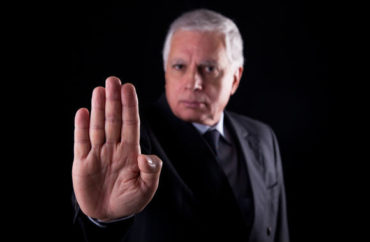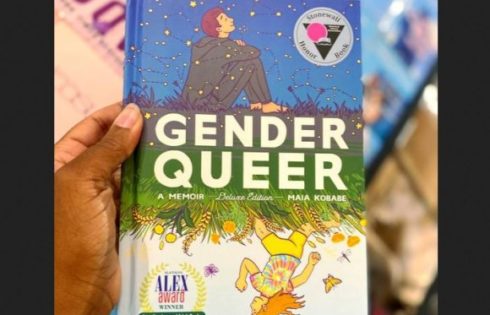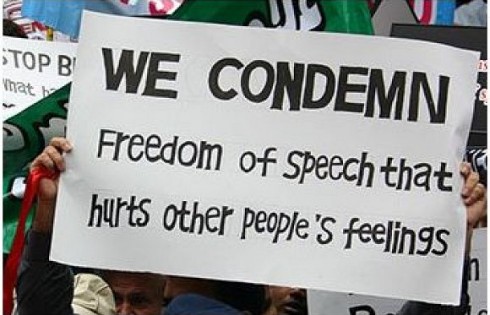
There’s nothing quite like white progressive educators who lecture their peers on the “proper” way to teach something.
A trio of such, including Stockton University’s Daniel Tulino (whose LinkedIn bio says he “utilizes critical pedagogy, sociopolitical development and decolonizing research methodologies including portraiture and narrative inquiry”) recently offered up ways in which white teachers can — re: should — teach black history.
(At least they leave no doubt about they direction from which they’re coming: They say 2021’s Black History Month may be “one of the most consequential” in history given the “insurrection” at the U.S. Capitol on January 6, last summer’s “racial violence and protest,” and a year “marked by anti-Black racism.”)
Tulino, along with teacher/doctoral student Greg Simmons and teacher/instructional coach Brianne Pitts, claim “Black historical consciousness requires more than just a pedagogical shift.”
(White) teachers cannot just view the teaching of black history in pedagogical terms, the trio says. They must be aware of their own “epistemological (knowledge), ontological (beliefs), and methodological (practical) understandings” in order to teach a “liberatory and humanizing Black history.”
What’s most concerning is the following (emphasis in the original):
For white teachers to effectively engage students in learning Black history, we must question everything about the way we teach and learn in schools. Positivism—a dominant view in Western thought that confines what is “knowable” to what can be proven through the scientific method—is not the only framework with which we can make sense of history. Teachers should think critically about teaching materials and textbooks that both privilege Eurocentric content knowledge and Western ways of knowing more broadly.
The authors mention this again in their bulleted “Six Things You Need to Know” about teaching black history: “Decenter not only Eurocentric ideals but also Western ways of knowing.” In neither instance do they elucidate just what these “ways of knowing” actually are.
MORE: Students accuse Christian univ. of furthering ‘Western colonized doctrine’
This is not unlike the Oregon Department of Education’s quest for “math equity” which includes moving away from “worship of the written word.” Or the Cornell University seminar which pondered the continued use of concepts such as “rationality” and “reason.” Or the “Science Must Fall” movement which advocated “scratching off” science because it’s a “product of racism.” Or race workshop leader Glenn Singleton saying a “hallmark of whiteness” is “scientific, linear thinking” and “valuing written communication over other forms.”
Or, most recently, Central Connecticut State University noting submissions for a Black Lives Matter essay contest would “not be judged on traditional literary or grammatical standards.”
How does any of this help students, especially black students? Note that the “Science Must Fall” movement is so committed to what’s known as “decolonization” that it actually asserted witchcraft is but “one way of explaining the world, among many” — just like Newton’s theory of gravity.
Is this really where we want to go?
African-American children are Western; they’ve been raised with Western “ways of knowing” for centuries. Believing (and acting) any differently only serves to keep minority children from acquiring the tools necessary to become successful in the most successful country in the world.
But just remember: The ultimate goal of educationists like the authors is to subject everyone to a rationality- and reason-free culture — call it a transformation to a “critical theory society.”
What will that lead to? Chris Taylor explains:
MORE: Scholar explains ‘why we must teach Western Civilization’
IMAGE: Alexandre Nunes / Shutterstock.com
Like The College Fix on Facebook / Follow us on Twitter







Please join the conversation about our stories on Facebook, Twitter, Instagram, Reddit, MeWe, Rumble, Gab, Minds and Gettr.